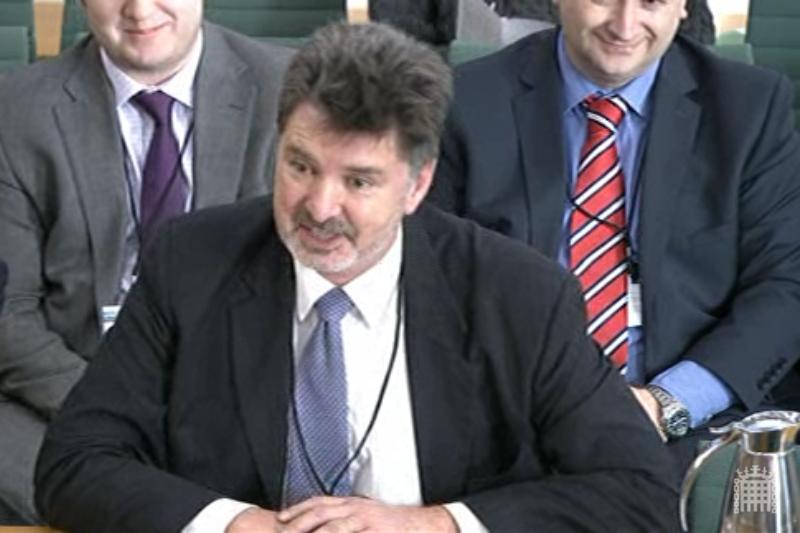HMICFRS and HM Inspectorate of Constabulary in Scotland (HMICS) today published ‘Leading Lights’, their report on the selection and development of senior police officers in the United Kingdom. In it, they warned: “Selection and development of senior police officers is inconsistent and often ineffective.”
It’s a fascinating read, although I didn’t find anything particularly surprising in the report. We know there are many challenges to ensuring the best chief officers are selected to lead the UK police service within the context of an ever-changing policing landscape.
While there is much to admire in United Kingdom policing, there is a great deal that can also be learned from outside policing and beyond the borders of the United Kingdom…
HMICFRS/HMICS ‘Leading Lights’ report
However, there is one paragraph that caught my eye which was on the Senior Command Course (SCC) – described by the College of Policing as “policing’s most senior leadership development programme”.
Although the [SCC] reference group now includes PCCs [Police and Crime Commissioners], all its members are directly involved in United Kingdom policing. This is a missed opportunity to gather insight and be challenged by expertise beyond policing and the United Kingdom. While there is much to admire in United Kingdom policing, there is a great deal that can also be learned from outside policing and beyond the borders of the United Kingdom…
It is true that there is much about UK policing that is admired and even replicated the world over. Its position as a beacon of excellence within the world is assured, but the reality is society has changed, crime has changed. As this report suggests, the UK cannot expect to have all the solutions to today’s policing problems.
The reason this passage resonated so deeply with me is that this is something that sits at the heart of CoPaCC which I established in 2012 initially to compare PCCs and share best practice. We then launched Policing Insight in 2015 to cover the governance, management and politics of policing; and this year we are launching the World Class Policing Awards to celebrate and acknowledge the best in all aspects of 21st Century policing.
What underpins all of our work is this recognition that UK policing should look to learn from good and best practice both overseas and from other disciplines. And forces worldwide should look for good and best practice equally globally.
It is the reason why we have published and will continue to publish fantastic articles from across the world – from the world’s first Evidence-based Policing Service Centre in New Zealand to how Canada is making mental health a priority for its officers.
It is the reason why Policing Insight now has office in Sydney, Australia, led by Dr Steve Watts, appointed as a CoPaCC Director to lead our work in Australia, New Zealand and the wider region. Dr Steve Watts is a former senior police officer in the UK, but he says that in the time he has been in Australia it has become ‘abundantly clear’ to him that the challenges facing policing on both sides of the world are ‘strikingly similar – whether that’s responding to mental heath issues in the community, the wellness of police staff, terrorism, serious and organised crime or dealing with anti social behaviour or issues of press freedom versus security’.
We know we’re not alone in our belief that policing and society benefits when we share best practice not just with the neighbouring force but across the world.
And, later this month, I’ll be heading to the United Arab Emirates. I’ve fond memories of two years working in the region around a decade ago, and know that both these UAE forces have strong policing credentials. There’s potential for examples of their work to be used to inform policing internationally, as well as for the forces to learn from international good and best practice.
Finally, it is the reason why we have established the World Class Policing Awards which has in its very first year attracted well over one hundred high class nominations worldwide. There is the very real potential to improve policing and thereby safety and security across the globe.
We know we’re not alone in our belief that policing and society benefits when we share best practice not just with the neighbouring force but across the world. Over two thirds of all UK police forces now subscribe to Policing Insight, along with a rapidly growing number of overseas forces. In the last week alone, we welcomed two more UK forces. We know we are widely read here and overseas. Just last week, for example, an overseas force asked permission to circulate more widely one of our recent articles on Stop and Search.
So I am absolutely delighted that HMICFRS and HMICS are encouraging the next generation of chief officers to look beyond UK shores for answers to policing conundrums.
Our own mission complements that perfectly – supporting all officers and police staff, of all ranks and grades, from all jurisdictions, in that journey.


